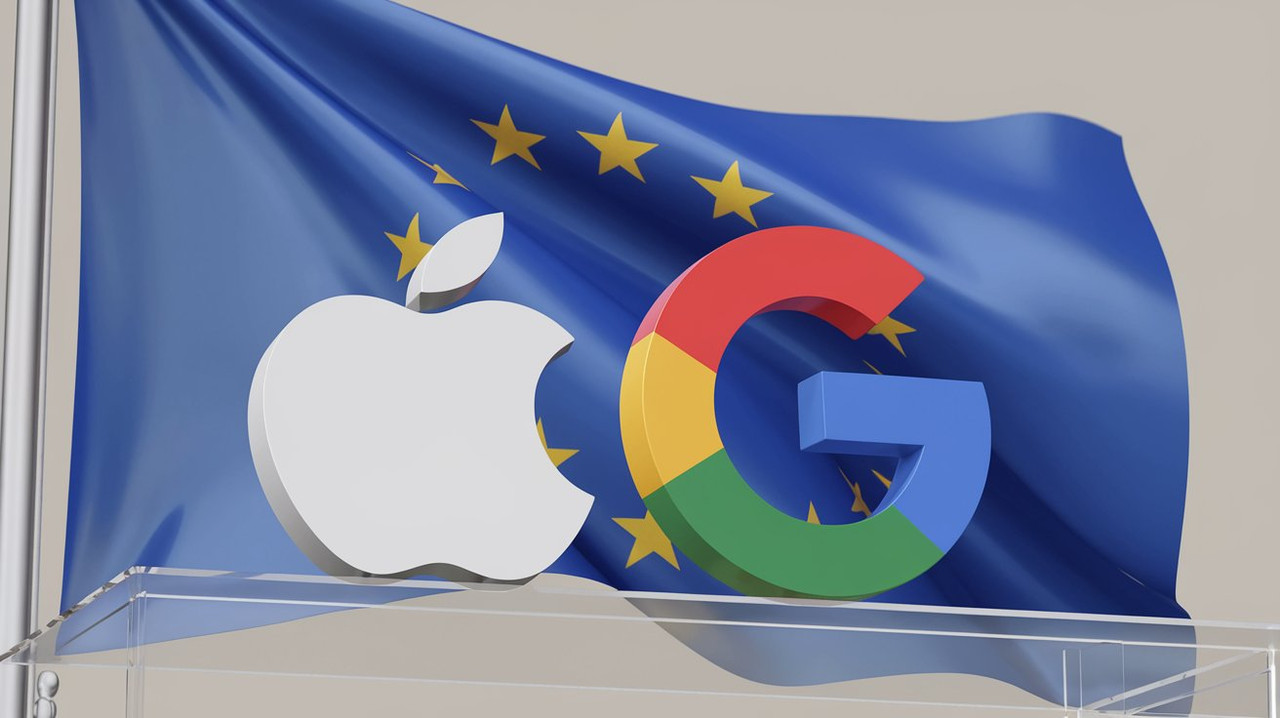
EU Wins Landmark Cases Against Apple and Google
In a significant victory for European regulators, the Court of Justice of the European Union (CJEU) has upheld two major decisions by the European Commission against tech giants Apple and Google. The rulings, announced today, mark a turning point in the EU’s efforts to enforce fair competition and tax practices in the digital economy.
Apple Ordered to Pay €13 Billion in Back Taxes
The CJEU confirmed the Commission’s 2016 decision that Ireland granted unlawful tax benefits to Apple. This final judgment requires Apple to pay up to €13 billion in back taxes to Ireland, funds that have been held in an escrow account pending the court’s decision.
Executive Vice-President Margrethe Vestager, who oversees competition policy, hailed the ruling as “a big win for European citizens and for tax justice”. The case centered on two Irish tax rulings that allowed Apple to attribute the bulk of its European profits to “head offices” that existed only on paper, resulting in an effective tax rate as low as 0.05% in 2011.
Google Shopping Antitrust Decision Upheld with €2.7 Billion Fine
In a separate ruling, the CJEU also confirmed the Commission’s antitrust decision against Google in the Google Shopping case. The court agreed that Google had abused its dominant market position by favoring its own comparison shopping service in search results.
Vestager emphasized the importance of this ruling, stating, “Dominant companies, as any other companies, are of course free to innovate in all fields, but in doing so, they should compete on the merits”.
Broader Implications for Tech Regulation
These rulings are seen as landmark decisions in the regulation of big tech companies. Vestager noted that the Apple case has already contributed to significant changes in tax policies across EU member states, including Ireland, Luxembourg, and the Netherlands.
The Google Shopping case, described as “a pivotal shift in how digital companies were regulated and perceived,” has paved the way for further regulatory actions, including the EU’s Digital Markets Act.
While celebrating these victories, Vestager acknowledged that aggressive tax planning practices remain widespread. She called on EU member states to advance proposals on transfer pricing and the use of shell companies. The Commission pledged to continue its work on combating harmful tax competition and aggressive tax planning, emphasizing the principles of fairness between small and big players, between European countries, and social fairness.
As these rulings reverberate through the tech industry and global markets, they signal a new era of accountability for digital giants operating in the European Union.
